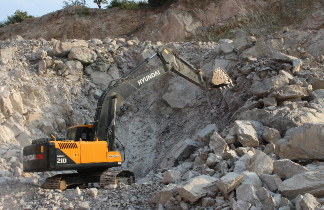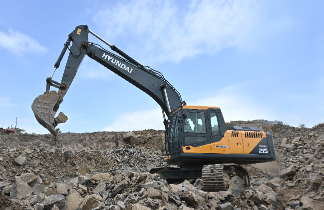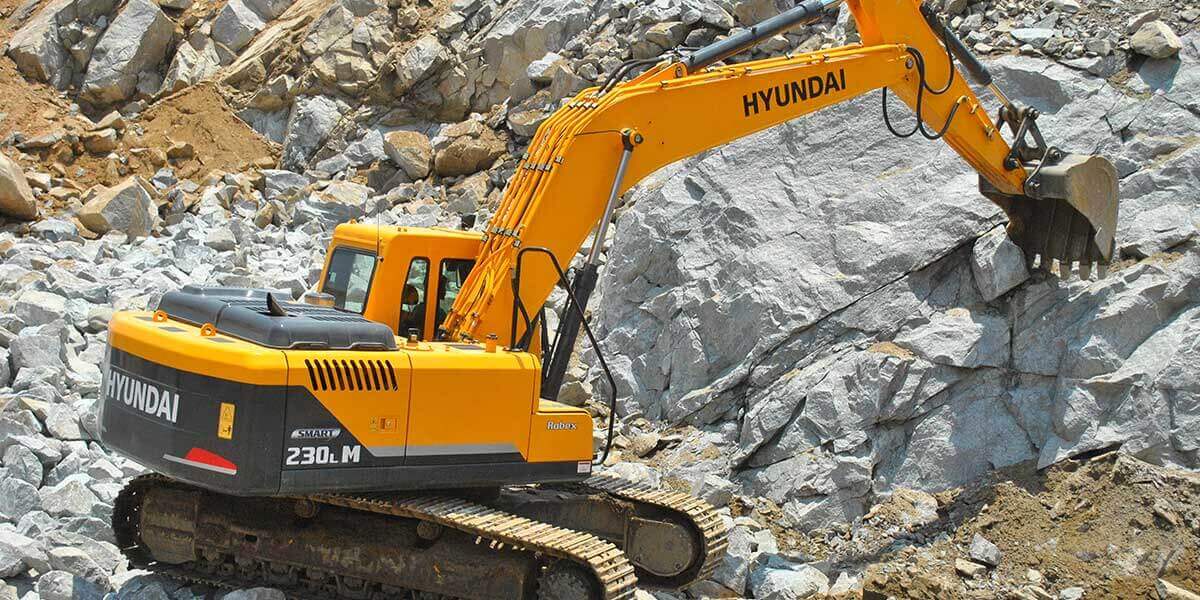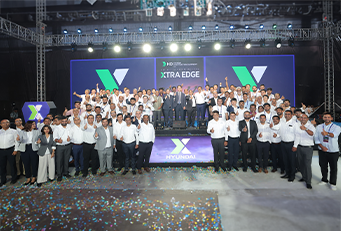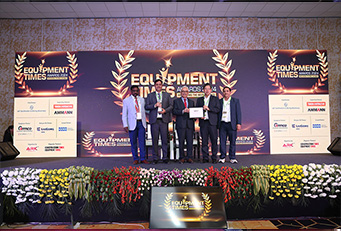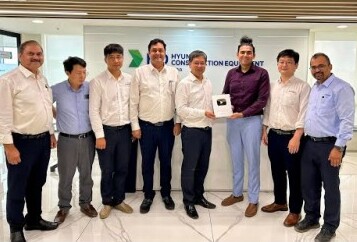Union Budget 2016-17
Key highlights of Budget 2016-17:
• To double farmers' income by 2022
• New initiative to provide cooking
gas to BPL families
• Rs. 9,000 crore provided for Swach Bharat
• Villages to be rewarded to discourage open
defecation
• Rs. 500 crore for Stand up India to promote
entrepreneurship amongst SC, ST
• To set up 1500 multi skilled training
institutes, Rs. 1700 crore set aside for skill
training institutes
• To promote 100 model career centres by
end of 1016
• Small shops will be allowed to remain open
all seven days of week. Model Shops and
Estabilishment Bill soon
• Measures to speed up road construction: Rs.
55,000 crore allocated for roads and
highways by 2017
• Amendment in Passenger Vehicles Act:
Entrepreneurs will be allowed to operate
buses/ fleet services
• To open new greenfiled ports in Eastern and
Western sector
• Attempt to incentivise deep see gas
exploration
• Public Utility and Resolution Bills to
streamline conflicts in infrastructure area;
Credit rating system for infrastructure
projects.
• To allow firms to launch infra bonds worth
Rs 31300 crore
• Small airports and air strips to be developed
for improving regional connectivity
• Fiscal Deficit target 3.5%, revised revenue
deficit target at 2.5%
• New Bankruptcy code to be introduced in the
Parliament in 2016
• Rs 25,000 crore for recapitalisation of PSU
banks.
• Debt recovery Tribunal will be strengthened
• Aadhar made compulsory for availing social
sector benefits
• To introduce DBT in fertiliser on pilot basis
• Tax rebate under Rs 5 lakh per annum
• Tax rebate on rent ( HRA allowance) increased
to Rs 60,000 from Rs 24,000 pa
• 100% tax deduction for start-ups for first 3yrs
• New manufacturing companies to be taxed
25% if not benefits availed
• 40% of the Corpus of NPS withdrawn at the
time of retirement to be tax free
• To exempt affordable houses up to 60 sq
metre from service tax
• Levy on purchase of luxury cars
• First time home buyer – Rs 50,000 deduction
for upto Rs 30 lakh loan provided house cost
not more than Rs 50 lakh
• 1% infrastructure cess proposed with an
attempt to curb pollution
• 1% cess on petrol, CNG cars
• Tobacco tax up from 10% to 15%
• 2.5% cess on diesel, 4% on SUVs
• Under reporting of income to be taxed more;
deadline of September 30 to disclose
undeclared income
• No change in income tax slabs.
M’shtra speeds up Rs. 30k-cr super e-way
In its unfailing quest to match the infra deficit
across the state, the state government in
Maharashtra has placed the Rs 30,000-cr
Mumbai-Nagpur super communication
expressway on the fast-track and that the
Maharashtra State Road Development
Corporation (MSRDC) is taking up the project.
The 800 km access controlled highway has been
divided into five sections whereby the
construction cost for eight lane expressway is
estimated at Rs 30 crore per km which involves
six lanes of super communication highway and
two lanes of service roads, utility shifting,
bypasses and other structures.
The traveling time is expected to be reduced to
eight hours from the current 16 hours. The
project will be developed through engineering
procurement construction (EPC) cum annuity
basis. The consultants will have to prepare DPR
in 40 weeks after that the MSRDC will start the
construction work by end of 2016 and
thereafter complete it in 27 months. The
proposed expressway will be game changer as it
will give a much needed boost to farming in the
under developed Vidarbha, Marathwada and
North Maharashtra regions.
Highway sector gets Rs. 11,000cr upgrade
In order to ensure trouble free travelling on the
highways across the country, the transport
ministry has set aside a staggering sum worth Rs.
11,000-cr to upgrade the 720 problematic spots
across highways in the country, said transport
minister, Nitin Gadkari, adding that for tackling
the problem of traffic jams and accidents there is
need for a Road Traffic Control system on the
lines of Air Traffic Control and River Traffic
Control which will use satellite based technology.
Currently, about 5 lakh accidents take place in
the country in which about 1.5 lakh people are
killed every year. The target is to reduce
accidents by 50% in next five years. About
strengthening the network the total length of
National Highways is planned to be increased to
2 lakh kms from the current 96000 kms and
apart from this, a number of access controlled
expressways are also coming up in the country
and that e-tolling will be introduced at all toll
plazas across the country. With this, vehicles will
not be required to stop at the toll plazas for
payment of toll and this will result in cutting
down the huge pile up of vehicles at these
plazas, which causes loss of about 1.5 % to 2 %
to the GDP and also a sources of pollution, he
added.
Infra players await $ 3.1-bn funding infusion
Ensuring smooth flow of funds for infra
builders, the Macquarie Infrastructure and Real
Assets (MIRA), a part of the asset management
arm of Macquarie Group, has recently
generated $3.1 billion to invest in infrastructure
companies across Asia and a major chunk of the
fund has been earmarked for investment in
India. The investments will be made through its
Asian regional infrastructure platform, which
includes the Macquarie Asia Infrastructure Fund
(MAIF), and specialist investment vehicles.
The player started the fund-raising exercise for
MAIF in 2014 considering that the Asian region
provides a compelling investment environment
for institutional investors. Strong fundamentals
underpin the growing demand for real assets
including infrastructure, such as rapid
urbanisation and the push for sustainable
development, said global head of MIRA, Martin
Stanley, adding that the MAIF platform will be
focused on investment opportunities in
transportation, communications, utilities,
power, energy and waste management assets
across regions and in the recent past MIRA
invested Rs. 780-cr in IBPIL, a Hyderabad-based
power generating player.
Odisha plans Rs. 904cr infra projects
In its quest to build the world class
infrastructure across cities in the area, the state
government in Odisha has recently decided to
spend Rs 904-cr on the development of urban
infrastructure. The targeted projects included
water supply, construction of market complexes
and vending zone and improvement of drainage
system and solid waste management system.
Odisha Urban Infrastructure Development Fund
(OUDIF) spearheaded by chief secretary A P
Padhi would implement the projects via urban
local bodies, special secretary of the housing
and urban development department, S K Ratho
said adding that the government will avail the
amount from KfW Bank, Germany as loan and
will pass it on to civic bodies as grant.
In this connection, a high level meeting headed
by the chief secretary approved a project for
improvement of water supply to greater
Berhampur (Berhampur, Chhatrapur and
Gopalpur) worth Rs 489-cr as the silk city
currently facing acute drinking water crisis. The
state government also approved a
comprehensive sewerage system and a
sewerage treatment plant for Rourkela after it
has been elevated as a municipal corporation in
2013. In addition, the state has also decided to
build two modern wet markets in the city (one
at Ghatikia and another at Unit-IV market). Two
vending zones in Cuttack, a market complex at
Udala notified area council in Mayurbhanj
district and another at Patrapada in Sundargarh
are also planned under OUDIF, said sources.
